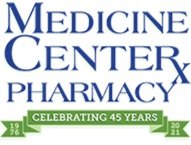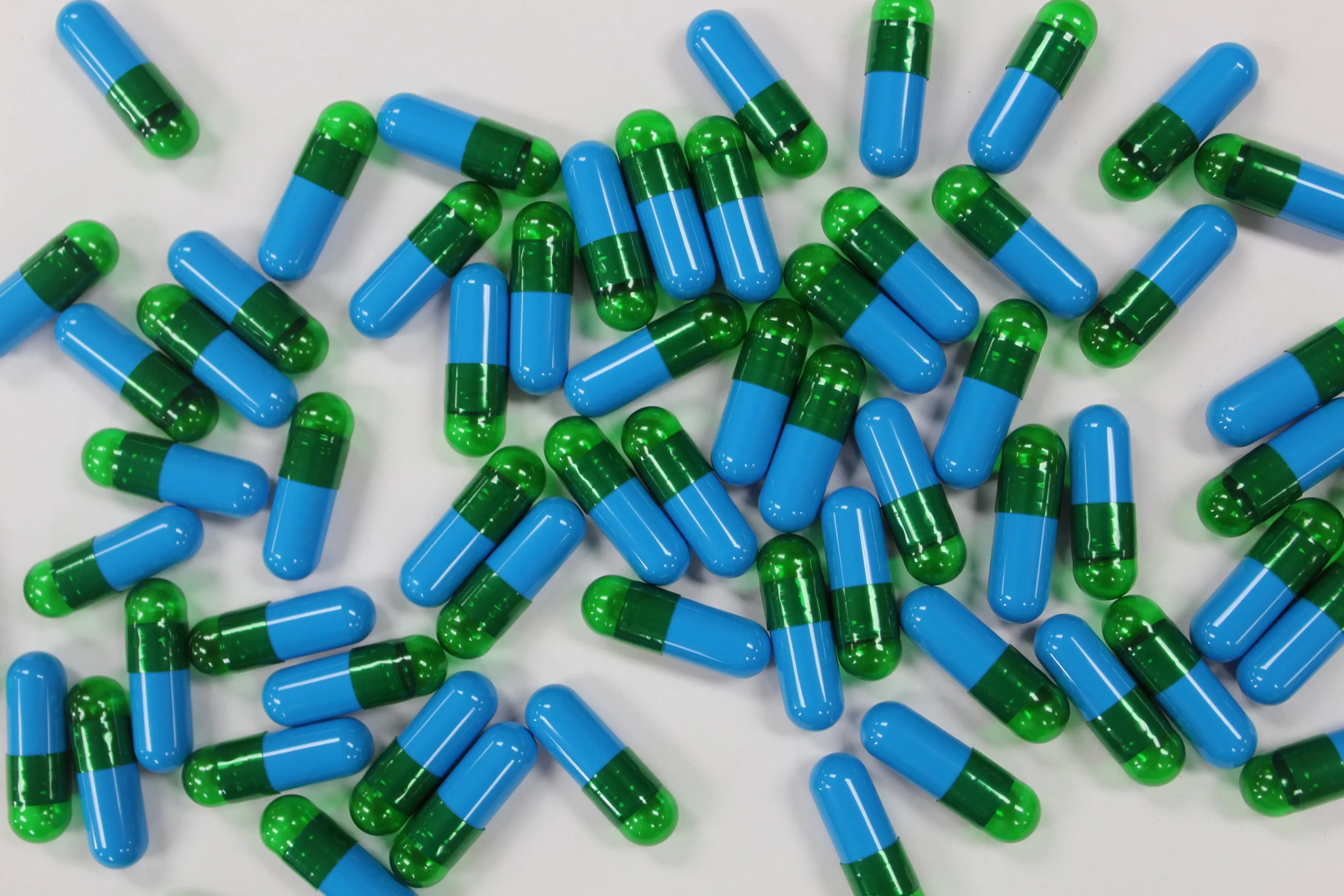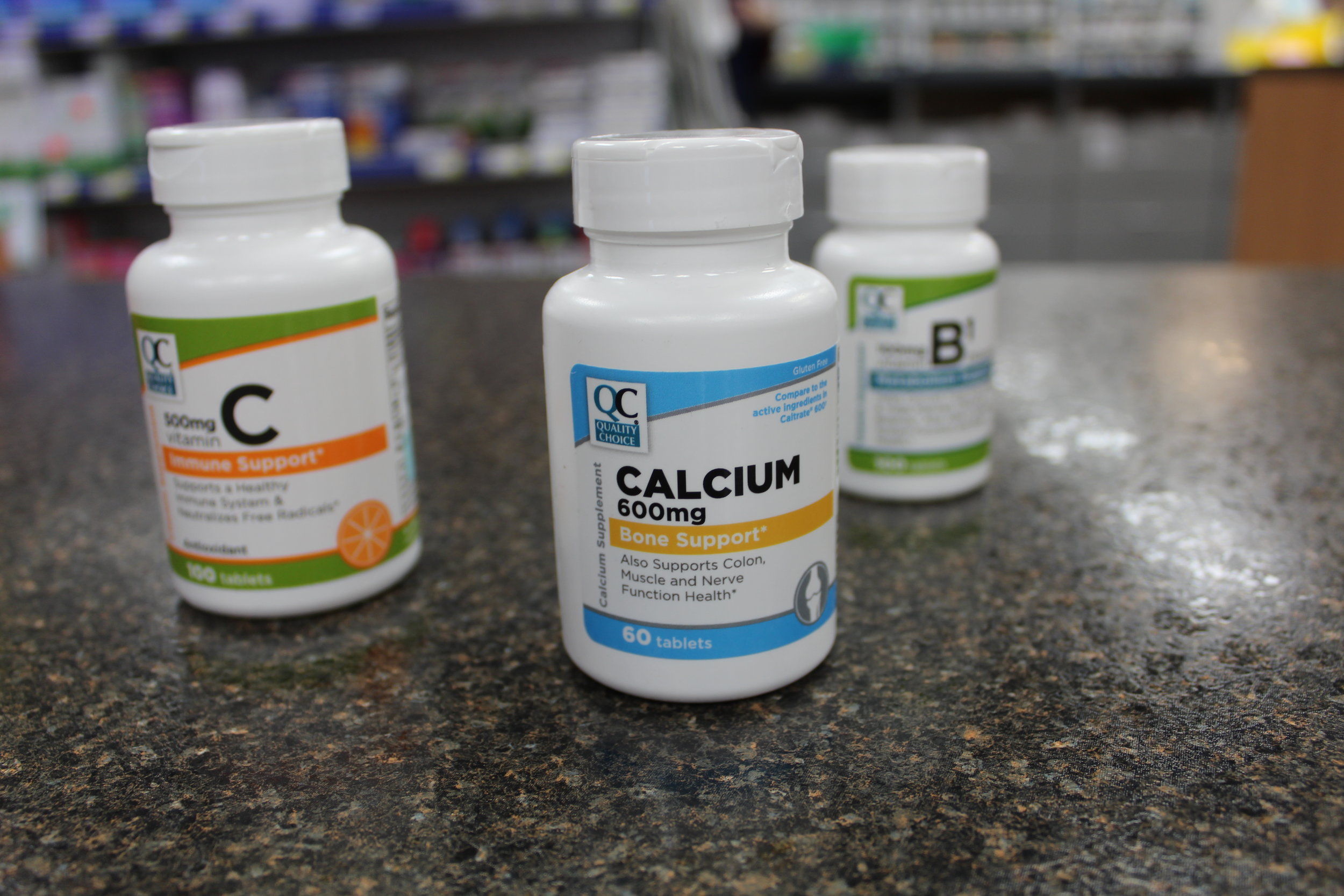Lets not fool ourselves here, none of us have the perfect diet. Vitamins are a nutritional supplementation that you can add to your daily diet. It is difficult to make specific recommendations that fit for all people; you may be a teenager, a man or woman, or dealing with a heart condition or diabetes; each person has special health and nutritional needs. Below are several options that may suit your nutritional needs.
Multivitamin
There are a few basics that everyone can take, simple and cost effective. Take a simple (or complex) multivitamin every day. A multivitamin daily dose could be from 1 to 6 tablets depending on the brand you choose. I would recommend that you take a multivitamin with food and try to spread multiple tablet dosages out over breakfast, lunch and dinner. By the way, if you will only take one vitamin supplement, this is the one to do because there is documented evidence that even the most basic multivitamin will reduce your risk of getting the common cold by over 20 percent!
Fish Oil
EPA and DHA are the abbreviations for eicosapentaenoic acid and docosahexaenoic acid. These two fatty acids are essential to our health and life. Just because the word fat is there doesn't mean it is bad for you. In fact the EPA and DHA in fish oil is responsible for many of the building blocks in tissue repair and growth. EPA and DHA regulate inflammation and prostaglandin production, improves cardiac risk, lowers bad cholesterol and has hundreds of other documented benefits (look for future posts). The best way to take fish oil is to consume the oil itself. Tips on easy ways of doing this include mixing it with your morning protein shake or your salad dressing. If you can't stand the thought of taking oil itself, capsules or liquigels are manufactured for easy use. I would recommend that you keep both types in the refrigerator and look for high potency products that are tested for pesticides and heavy metal contamination. Dosing is usually 1000mg twice a day.
Coenzyme Q10
Coenzyme Q10 is one of the main fuels for the mitochondria in your heart muscle. Your heart muscle is a busy muscle, and without it operating in top condition there can be problems. I have a 7 out of 10 chance of being right that CoQ10 is right for you. In the United States 69% of population is over weightand 30% are obese, both conditions are directly related to a deficiency of CoQ10 and as you have seen in other posts, coenzyme q10 is depleted by many classes of prescription mediations, like statin drugs. CoQ10 can give you an energy boost and improve cholesterol levels. If you are in perfect cardiac health or have some degree of heart disease you will do well to supplement to overcome deficiencies of coenzyme Q10. Recommended dosing starts at 100mg per day.
Probiotics
Probiotics are the good bacteria that colonize our gastrointestinal tracts and help us with digesting food and maintaining balance to prevent fungal and yeast overgrowth in our digestive system. Probiotics like acidophilus and bifidobacterium are essential factors in our immune system health. Supplementing bacteria like these improve gut terrain, and many people can benefit especially if you consume a high carbohydrate diet, carbonated beverages, alcohol , and antibiotic therapies. Probiotics are best taken on an empty stomach with a full glass of non chlorinated water. Yogurt doesn't cut it, it is not potent enough to provide benefits. Your money is better spent on capsules with 15 billon or more colony forming units taken once or twice a day.
Magnesium
Magnesium is such an overlooked mineral. Trace minerals are quickly depleted from the soils in the USA and are rarely replaced. Magnesium is responsible for over 300 metabolic reactions in our body and is essential to good health. Easily over 50% of the United States population is deficient in magnesium. Some of the benefits of magnesium in your body are: a muscle relaxant, decrease platelet aggregation, thins blood, blocks calcium uptake, relaxes blood vessels, improves cardiac contractibility, improves glucose handling. Where can you find magnesium in your diet? Dark green leafy vegetables. Your doctor may say that your magnesium levels are fine, but serum blood tests can be normal in presence of magnesium deficiency because serum is stealing form bones much like the blood steals calciumfrom bones resulting in osteoporosis. The best forms of magnesium are magnesium chelate and magnesium gylcinate 200 to 400mg daily.
If you have questions about vitamins, reach out to one of our pharmacists.






















